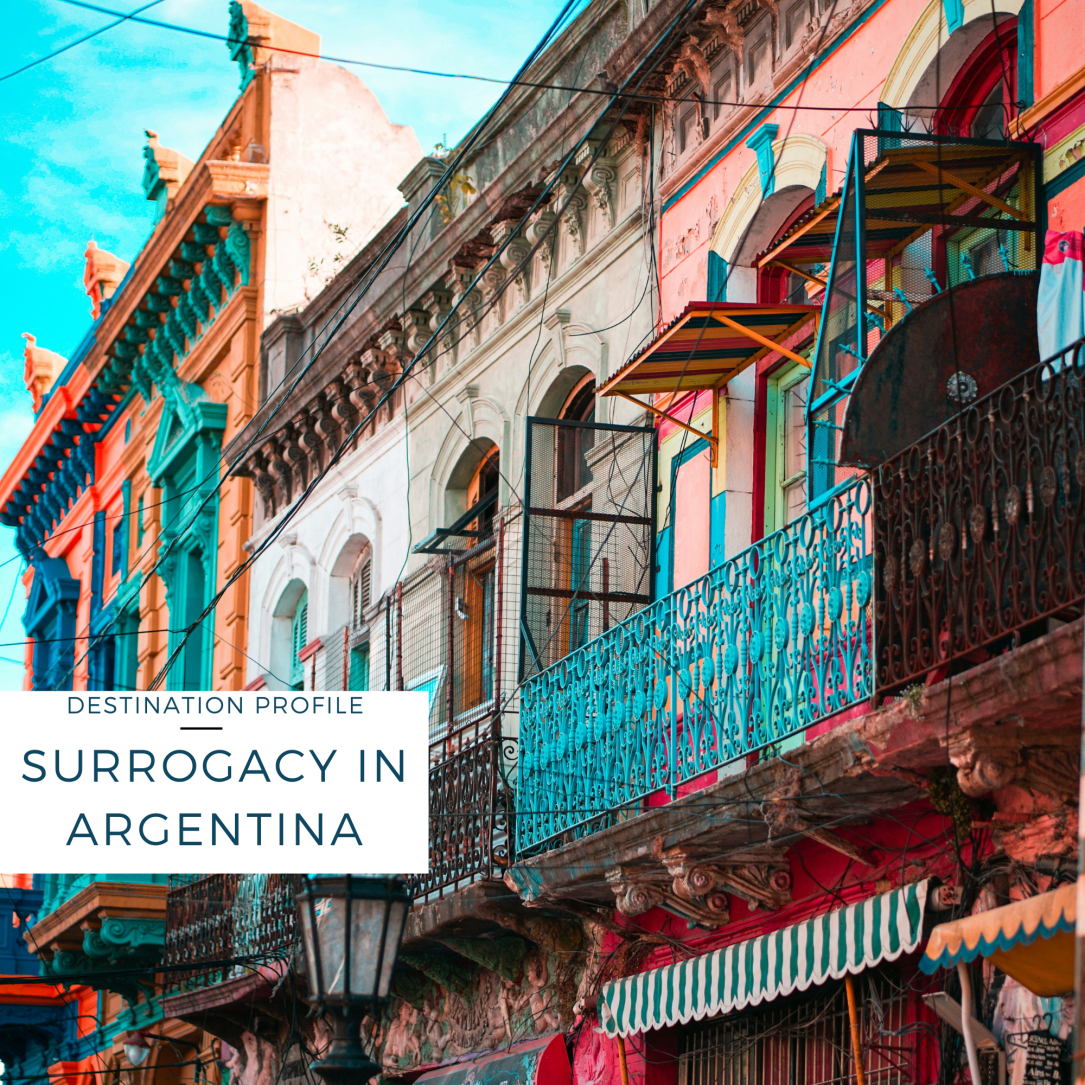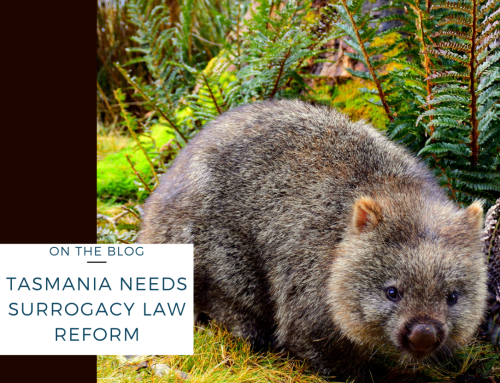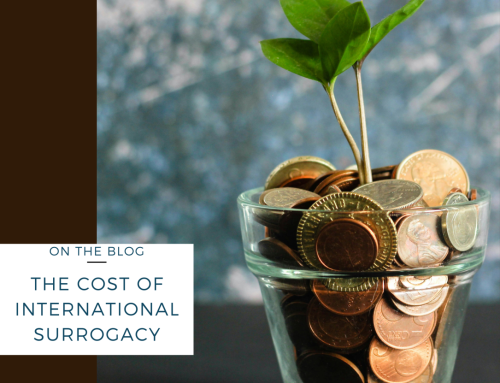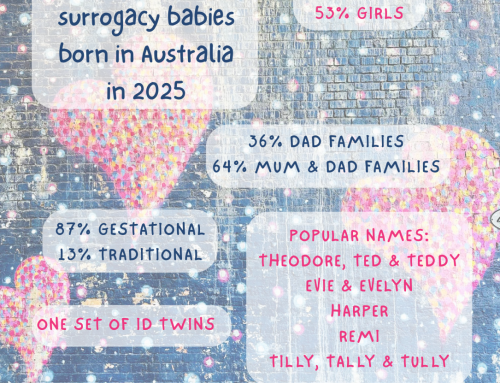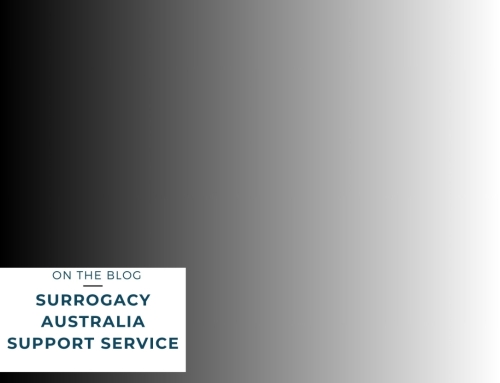Destination profile: Surrogacy in Argentina
Australian intended parents considering international destinations might come across surrogacy in Argentina as an option.
Note: nothing in this article qualifies as legal advice, nor does it replace advice from a lawyer who can give advice about surrogacy in Argentina. The surrogacy and political landscapes can change dramatically at short notice and this article will not be updated frequently. Sarah is not able to verify with 100% accuracy the information in this article.
Intended parents should consider what best practice, ethical surrogacy looks like and research widely before choosing a pathway. Agencies, intermediaries and trade shows are often conflicted from giving unbiased advice. Australian consumer laws will not protect intended parents if an international business does not deliver on their promises.
Argentina is in South America with a population of more than 45 million. Spanish is the official language.
Australia’s Smartraveller website provides up-to-date information for travellers to Argentina. In July 2025, Smartraveller advised travellers to exercise normal safety precautions. For intended parents entering surrogacy arrangements in Argentina, Smartraveller notes that you may be refused entry into Argentina.
The industry is known for virtue signalling, or ethical-washing – that is, calling something ‘ethical’ as a marketing ploy, with no reference to ethical standards. There are no independent services that can verify if a pathway is ethical.
Legal Status: Surrogacy in Argentina is mostly unregulated, which means surrogacy services and intermediaries can operate on the basis that it is ‘not illegal.’ Gestational surrogacy is available and open to singles and heterosexual and gay couples.
Risks: Besides the travel risks, there are risks in engaging in surrogacy in countries where surrogacy is not regulated. Services are free to operate, but it can also mean the legal framework can change, if the government and authorities decide to take action to prohibit or regulate surrogacy in a way that makes it difficult to leave the country with your baby.
Safeguards: Intended parents should satisfy themselves that safeguards have been met, including that:
- adequate legal protections are available to intended parents, the surrogate and the child.
- the surrogate has been medically and psychologically assessed and has access to psychological support.
- the surrogate can read and understand the surrogacy contract, and is assisted by an interpreter when needed – including during medical treatment.
- the surrogate and the child will have access to high quality healthcare, before, during and after pregnancy and birth.
- the parties have access to legal advice from an independent lawyer – one that is not employed by an agency or clinic.
Parentage and birth certificates: Developments in 2024 mean that surrogates are named on the birth certificate alongside one of the intended parents. Birth certificates can be issued within a number of weeks, but some parents have waited more than 6 months to receive their child’s birth certificate.
Australian recognition: intended parents pursuing surrogacy in Argentina should seek independent legal advice from an Australian lawyer. Australia does not necessarily recognise an international birth certificate or court order.
Exploring other options? You might like to read about surrogacy in Colombia.
Intended parents explore many different international surrogacy destinations. Find more information including links to Facebook groups about different options.
If you are considering surrogacy in Australia, you can read about how to find a surrogate, or how to become a surrogate yourself. You can also download the free Surrogacy Handbook which explains the processes and options.
You can read a broad overview for surrogacy in Australia and how it works.

